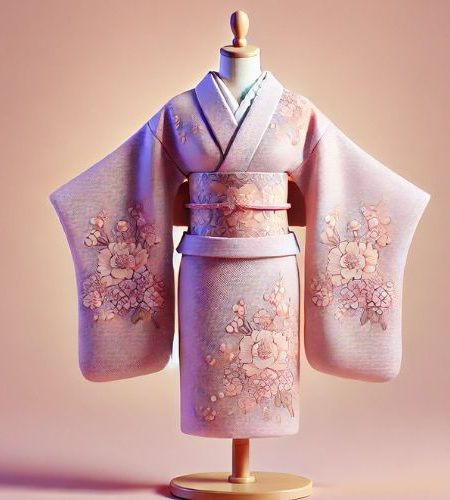Coming of Age Day (成人の日, Seijin no Hi) is a Japanese national holiday celebrated annually on the second Monday of January. In 2026, it falls on January 12. This special day honors young adults who have reached the age of maturity, marking their transition into adulthood.
Table of Contents
History of Coming of Age Day
The origins of Coming of Age Day can be traced back to ancient Japan. The first recorded coming-of-age ceremony dates to 714 A.D., when a young prince donned new robes and a hairstyle to mark his passage into adulthood. In 1948, Coming of Age Day was established as an official national holiday, initially observed on January 15. In 2000, as part of the Happy Monday System, the date was changed to the second Monday in January to create a long weekend.
Traditionally, the age of maturity in Japan was 20 years. However, in 2018, a legal amendment lowered the age of adulthood to 18, effective from 2022. Despite this change, many municipalities continue to hold Coming of Age ceremonies for those who are 20, maintaining the long-standing customs associated with this age.
Why is Coming of Age Day important?
Coming of Age Day holds significant cultural importance in Japan as it:
- Recognizes the transition to adulthood: It formally acknowledges young individuals becoming responsible members of society.
- Preserves cultural traditions: The ceremonies and attire, such as wearing kimonos, reflect Japan’s rich heritage.
- Encourages community involvement: Local ceremonies foster a sense of belonging and community among new adults.
- Highlights societal responsibilities: It reminds young adults of their new rights and duties, including voting and other civic responsibilities.
- Celebrates personal growth: Families and friends come together to honor the achievements and maturity of the young adults.
How to celebrate Coming of Age Day
Celebrations for Coming of Age Day typically include:
- Participating in ceremonies: Local governments host ceremonies where officials deliver speeches, and young adults receive small gifts.
- Wearing traditional attire: Young women often wear furisode (long-sleeved kimonos), while men may wear traditional haori and hakama or formal suits.
- Visiting shrines: Many new adults visit shrines to pray for good fortune and success in their adult lives.
- Family gatherings: Families celebrate the milestone with special meals and gatherings to honor the young adult’s transition.
- Social outings: After the official ceremonies, it’s common for friends to gather for parties or social events to celebrate together.
Coming of Age Day Dates Table
| Year | Date | Day |
|---|---|---|
| 2026 | January 12 | Monday |
| 2027 | January 11 | Monday |
| 2028 | January 10 | Monday |
| 2029 | January 8 | Monday |
| 2030 | January 14 | Monday |
Subscribe to our newsletter and never miss a holiday again!

